Masterful Uses of Verbs and Adjectives
One of the adages I learned from my whacky high school English teacher was this: use strong nouns and verbs.
Seems like a simple and even silly adage. But now that I’ve edited and critiqued thousands of manuscripts over the years, and have read thousands of good and bad novels, I have to say that this is one of the most profound bits of advice to writers I’ve ever heard.
I would also throw adjectives into the mix. Writers truly need to think carefully about these three components of sentence structure, for the thoughtful choices of nouns, verbs, and adjectives can make all the difference between so-so or even bad writing and masterful writing.
So I want to take a couple of posts to get into the little bits. Words and short phrases that pack powerful punches. I’d like to challenge you to work hard to come up with fresh, thought-provoking verbs and adjectives to help bring your descriptions to life in a unique way.
The Importance of Words in Fantasy Novels
In this post I’m going to share some of the words and phrases my favorite author uses in some of her fantasy books. Patricia A. McKillip is, in my opinion, one of the greatest wordcrafters in all of history. I don’t know of any fantasy author (or author of any genre) that comes close to the brilliance she shows in the way she wields words. The wielding itself is so magical, it’s often breathtaking.
In fantasy stories like hers, words are so important. They are the pieces of world-building, and readers of fantasy expect and long for descriptions that go beyond the bland and obvious.
My forgetful witch in The Unraveling of Wentwater cautions: “Be careful with your words; they have consequences!”
However, learn this truth: it is not the originality of a world or the degree of creativity in the world itself that makes a fantasy novel shine with brilliance; it’s the choice of words and phrases that the author uses that evokes not just a right sensory experience but makes readers fall in love with the writing.
Please note: this doesn’t just pertain to fantasy novels. Every novel involves the creation of a “world,” and so writers need to take just as much care in the creation of any world in any genre.
Take a look at this hastily written sentence. And then consider the reworked description below it that I spent a bit more time on:
He walked through the forest until he found a cottage set back in the trees . . .
He slogged along the leaf-choked path, the spindly arms of the bare maples quivering in the cold autumn wind—a feeble attempt to turn him back. But he pressed on until he spotted, nestled in a copse of willows, the derelict cottage slumped like a lost orphan, the lidless windows dark and vacant. Hardly a welcoming sight after many tiresome hours of travel.
We’ll be looking into setting description in detail in upcoming posts, but suffice it to say, to immerse your readers in the world you’ve created, you need to spend time coming up with masterful description. And the components of such description are the nouns, verbs, and adjectives you choose.
Consider the Mood
There singular words create mood, and so when you are shuffling through these bits and chewing on them, keep mood in mind. The mood of your scene, the mood/mind-set of your character, the emotions you want to evoke in the reader.
Let me insert a caveat here, though. There’s a lot to be said—a lot—for using simple words in simple ways to great effect. I often say “less is more,” and I don’t want to give the impression that masterful writing is synonymous with purple prose. Hands down, some of the most powerful writing is done with a few common words put together in a succinct sentence.
The ability of some writers to punch a gut with a three-word sentence of three-letter words is just as masterful as a wordsmith who paints verbal imagery with strokes of genius.
Genre Is the Determiner
As always, we return to genre . . . for the choice of wording, the way a phrase is structured or turned, has to fit the genre. Sure, in a thriller you can drop in a beautiful line of evocative imagery or spin a fantastical metaphor. But writers have to be careful not to go overboard and end up drifting in the ocean watching their ship sail away. There are guard rails for a reason.
With fantasy, especially fairy tales (which I love to write), writers have permission to manipulate language in ways no other genre allows. Great fantasy, like McKillip’s, makes me fall in love with words anew. It reminds me why I love to write—and to read.
Yes, I keep a folder and write down every magnificent phrase I come across. I reach for a pen and paper before I open any of her books . . . because I want to absorb her masterful handling of verbs and adjectives. Not to copy them and paste them into my manuscripts but to catch her brilliance in my net, as C. S. Lewis wrote about. The way you might catch a contagious cold.
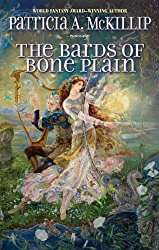 Is brilliance contagious? Perhaps not, but reading masterful writing should be akin to rubbing up against a longhair cat. Some of the hairs should stick to your sweater. And when we read great books and pay close attention to the way the authors compose their sentences and choose their wording, we want some of that talent rub against us and stick to us.
Is brilliance contagious? Perhaps not, but reading masterful writing should be akin to rubbing up against a longhair cat. Some of the hairs should stick to your sweater. And when we read great books and pay close attention to the way the authors compose their sentences and choose their wording, we want some of that talent rub against us and stick to us.
I have a chart of dozens of verbs and adjectives. I actually spent a month going through the dictionary—one letter a day—and looked for interesting verbs and adjectives to put on my chart. If you’re like me, you tend to grab the first words that come into your head, and, of course, those tend to be the most boring. A finger-walk through the dictionary just might be the thing to rattle you out of your commonplace cage.
Take a look at some of these “little bits” found within the pages of some of McKillip’s novels. I’ll list these here first by individual words, then phrases, then sentences. Think about making your own lists from books you love, then use them as prompts to create your own sentences, tasting these words and working them into your own writing style within the confines of the genre in which you’re writing.
Words
Verbs: howl, moan, creak, clap, slosh, entangle, pare, squawk, spun, bleed, detonate, drift, chomp, snarl, hiss, trample, shimmy, gush.
Okay, these may not be all that unusual. But when you turn them into unusual phrases, that’s when the mastery peeks through.
A wolf might howl, but so might the wind. Or a storm. When branches creak and bleed sap, when ice gobbles up the ground, when fears snarl and stars gush into the sky, you startle your readers with the unexpected.
Adjectives: gnarled, rotted, bloated, discarded,trampled, threadbare, barebones, far-flung, spent, ghastly, baleful, opulent, frothy, surefooted . . .
So many beautiful adjectives, and so few are ever used in the pages of novels.
Phrases
Here are some phrases from McKillip’s books that I jotted down (I have pages and pages of these):
He shook a glitter of notes into the moonlight
The unremitting dark of his eyes
Winter howled across the plains and stripped it bare
Swollen noises of sorrow
A sinuous voice
An arsenal of explosive words
The world expanded to contain his inexhaustible questions
Spraysoaked stone
The air quickened
The moon threw its shadow to the earth
Shadows moved like dreams across the silk curtains
She tumbled under an avalanche of lace
An imprecise shadow
A chaotic tussle
An indeterminate hue
A careworn face
Banners coiling like black flame
A broken question
Scattering possibilities in the air between them
Roof sunken under the weight of moss and rain
Groaning buckets of fruit
I could go on and on, but I hope this drives home my point: words matter. Every single word. If you want to achieve mastery in your writing, you need to heed the words of the wise but loony witch: words have consequences.
They will either bore or enthrall your readers. They will either be the best, most appropriate words to express your thoughts or weak and inefficient ones.
Something else my astute but whacky English teacher admonished: “Say what you mean. Don’t say what you don’t mean.”
Another simple adage but one we writers would do well to heed. Try to use the best words to say what you mean, to evoke the imagery you see in your mind’s eye and to masterfully craft the mood you want to set for your scene.
What verbs and adjectives do you love? Have any masterful phrases caught your eye lately in a novel you’ve been reading? Share in the comments.


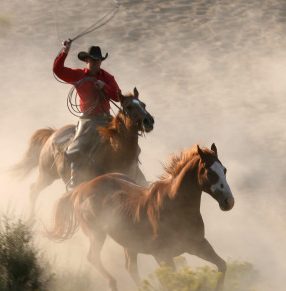


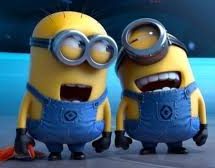
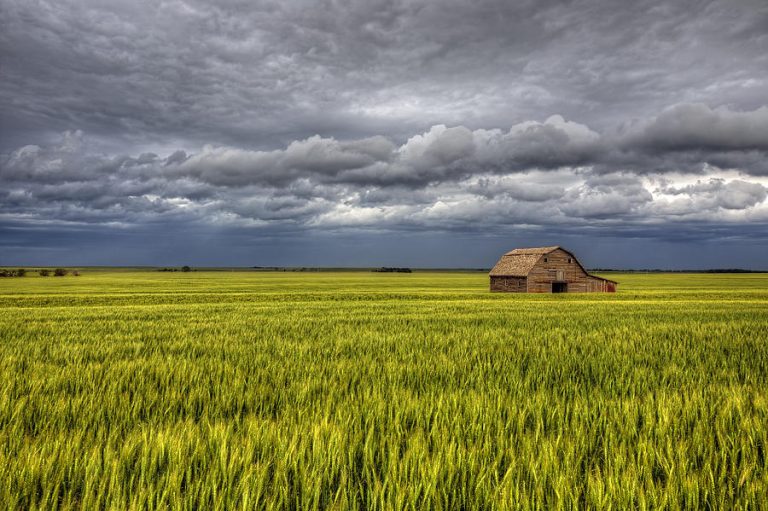
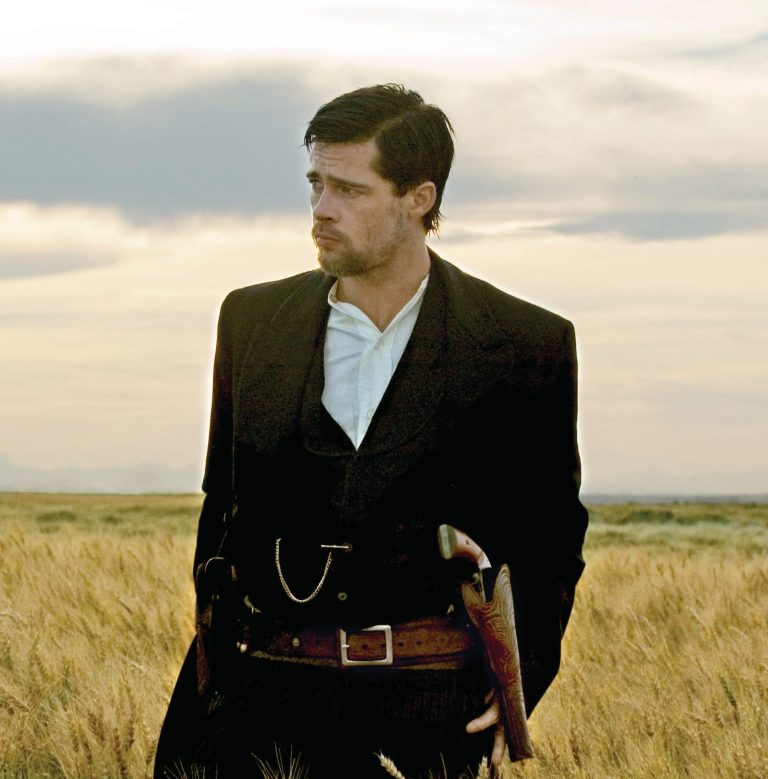




Another home run today when I opened my computer! I was struggling to describe a minor character in my story and voila your blog arrived to stimulate my gray cells.
I haven’t read much fantasy, however I understand how important it is to create a world of wonder.
I have taken inspiration from two recent reads: A Gentleman in Moscow and The Unlikely Pilgrimage of Harold Fry.
Many thanks again.
Fantastic post. Just what I needed to get my day of writing on track! I’m going to pick up a dictionary tonight and follow in your footsteps.
You mentioned that “every word matters”, and while I completely agree, I wonder what your view is on adding masterful words and imagery into the second and third drafts after you get the bones of the story on the page with the first?
What I struggled with early on as a writer was being too picky in my first draft, and I’d churn out maybe 500-1000 words/day (if I was lucky). I’ve changed my ways of late and now I get the bones of the story down on the page as fast as I can and then tackle the drab parts in my second draft. I’m happy to say I regularly pump out 3000-4000 words/day now, but what I gain in “productivity” I do often lose in quality.
How do you balance this? What is your method for putting out the best quality work? (loaded question I know)
Thanks again for your wonderful posts. It’s a mainstay on bookmarks, and I’m very grateful for your insight.
Of course, as you go through polishing your manuscript, you can thoughtfully replace words and phrases. I would get the basic scene down first, making sure the structure and flow are solid. Then work on the smaller elements. If you find you are just rushing through thoughtlessly and not focusing on quality, you might want to slow down. Some people need to gush and get it all down. But I would avoid counting words and setting a word goal for each writing period. Some find it motivating (and so long as you don’t have time constraints, it can work without hampering creativity). You have to decide for yourself what works. I try to aim to write one scene a day, when I am writing a novel. But I also try to go slow enough to write with quality and not rush through.
Some days I write more inspired than others. Some days the prose is dull and other days things click and my imagination seems on fire. Over time it all evens out. I don’t belabor writing my scenes; I just get them down but don’t rush. I’ve stopped worrying about how much I get done in a day, though my aim is to write a full scene. But I listen to my mind and body and don’t push it. It’s a fluctuating ebb and flow of creativity.
Excellent post–I hope many writers will read and heed this advice.
Thank you for an excellent post. It’s just what I need to stir my writing juices. I’m starting a notebook to capture great words, phrases, and sentences.
Also have pages of quotations from word-masters. Diana Gabaldon’s”The Scottish Prisoner”, “Even his face was bland as a boiled pudding with little black-currant eyes put in.” From “An Echo in the Bone”, “. . . within his diminutive physique the sheer fury of a full sized volcano on the boil.” And “. . . night’s skirts rustling as she came.” J.Y. Bryan, “Come to the Bower”. “The sergeant’s nose hung like a parsnip from weedy eyebrows. His mouth wounded his face as if a tomahawk had chopped across it.” “That lone rooster’s crow, blown frail at this distance, arched across the vault of light, a brave little meteor of sound”, and so much more to inspire me before I tackle my next scene! The only problem is when I read what I have written and find it so blah I wonder why I keep trying. But once in a while I’ll feel that “tingle” and know I’ve written something really good!
Thanks for sharing those! I have the same problem. Often I’ll write bland, then later, in revision, will spend time pondering ideas and maybe even freewriting to come up with something better than my initial ones.
Thank you, thank you. The editing process had stripped my language bare. After perusing your blog I remembered why I love to write. Words are so powerful, no more dumbing down. A tintinnabulum of ideas is ringing in my head. Now to get them on paper.
I love reading beautiful imagery in story. Thanks for sharing some great examples. I’ve shared this post online.
Beautiful and inspiring examples. I often wonder however, how fine a line it is between beautiful and descriptive prose and purple prose? I read somewhere that writers should not shy away from purple but know if, when and where it could fit within a story.
If the style of the prose is appropriate for the genre, that’s the measure. Too much can be overdoing it, in any genre, for sure.